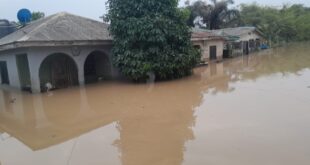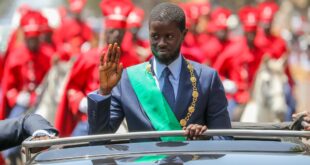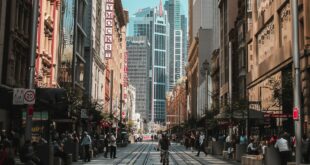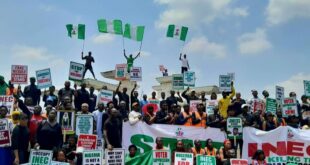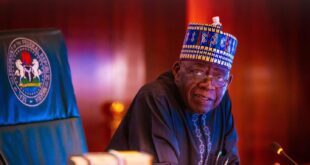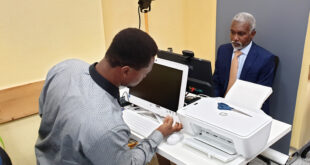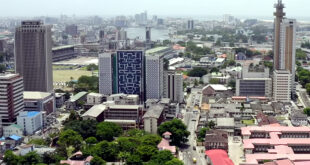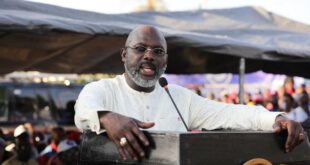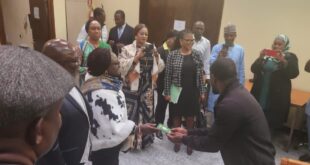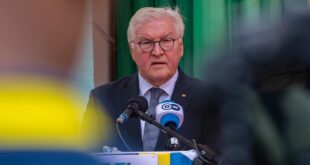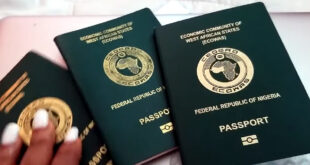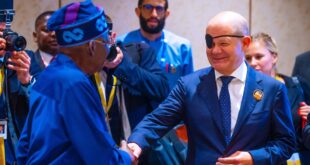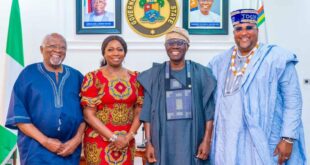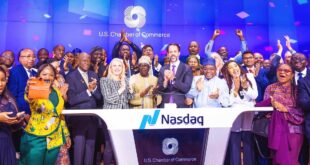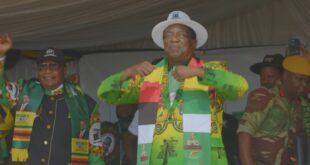German President Joachim Gauck’s visit to Nigeria in February to intensify bilateral relations between both nations especially in economic and security matters, according to analysts.
The 4-day tour from 8-13 February, which took Gauck to the federal capital Abuja and the economic hub Lagos, saw the German president meeting political and business leaders to discuss areas of common interests.
In Lagos, Gauck paid a courtesy call on the governor of Lagos State, Akinwumi Ambode, in the latter’s office in Lagos where the German leader pledged German technical support in the fight against terrorism.
The governor praised German investment in Lagos and looked towards greater collaboration with Germany for the establishment and sustenance of businesses in the state.
Ambode told the German president that his administration had instituted security and legal reforms to ensure a safe and thriving business environment. He expressed his government’s interest to intensify co-operation with Germany especially in security, transportation, energy and technology. Ambode made a request for a sister-city relationship between Lagos and Frankfurt, the financial capital of Germany, an idea that Gauck said that he supported.
In Abuja, Gauck repeated Germany’s willingness to support Nigeria’s efforts in counter-terrorism and anti-corruption during a visit to the leadership of the national assembly. “We believe that terror would not be defeated with military might alone. The Nigerian government needs to further foster good governance and ensure the prospect of a better future for all its citizens,” Gauck said.
The Senate President, Bukola Saraki, had earlier pleaded with the German leader and the European Union to assist Nigeria in counter-terrorism and resettlement of the army of internally displaced persons (IDPs). Nigeria currently has over two million IDPs in various camps in the northeast part of the country.
The German leader also met his Nigerian counterparts, President Muhammadu Buhari, in Abuja and the two heads of state discussed increased bilateral economic relations. Buhari also sought German assistance in the ongoing fight against the Boko Haram terrorism and support for the rehabilitation and integration of IDPs.
Other activities of President Gauck included visits to vocational training centres supported by Germany and an address to a session of the Parliament of the 15-member Economic Community of West African States or ECOWAS.
The German leader recognised the immense efforts made by countries in the sub region which hosts also millions of displaced persons, called for concerted international co-operation to solve the problem.
President Gauck told the Nigerian daily The Guardian in an interview: “As the most populous country in Africa and an economic heavyweight, Nigeria is an increasingly important political and business partner for Germany. “
Highlights of Gauck’s visit were the signing of two Memorandums of Understanding in the fields of Energy and Vocational Education and Training.
For the German government, Nigeria is an important partner in Africa, with an important role in promoting stability and democracy on the continent, and with great economic potential. Bilateral relations between both countries have been intensifying since the restoration of democracy in Africa’s most populous country in 1999.
Sesan Adeola, Lagos
[Photo: President Gauck (far right) at the signing ceremony of the Memorandum of Understanding in Vocational Education and Training; © Bundespresseamt] THE AFRICAN COURIER. Reporting Africa and its Diaspora! The African Courier is an international magazine published in Germany to report on Africa and the Diaspora African experience. The first issue of the bimonthly magazine appeared on the newsstands on 15 February 1998. The African Courier is a communication forum for European-African political, economic and cultural exchanges, and a voice for Africa in Europe.
THE AFRICAN COURIER. Reporting Africa and its Diaspora! The African Courier is an international magazine published in Germany to report on Africa and the Diaspora African experience. The first issue of the bimonthly magazine appeared on the newsstands on 15 February 1998. The African Courier is a communication forum for European-African political, economic and cultural exchanges, and a voice for Africa in Europe.


